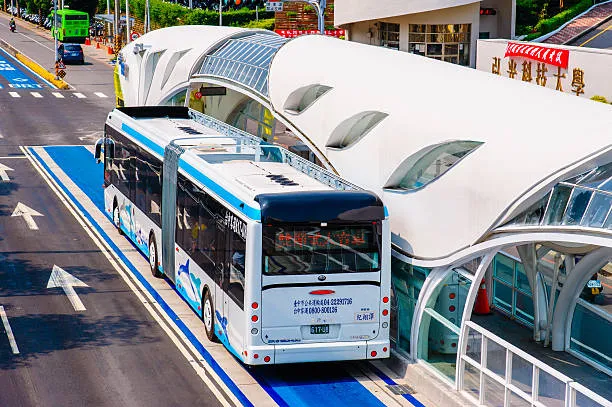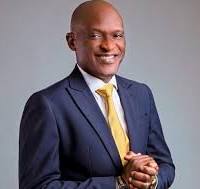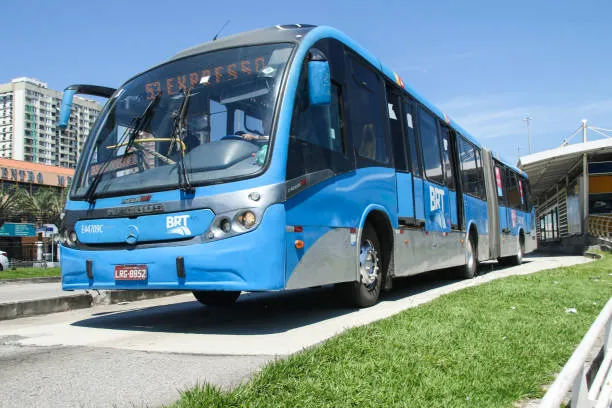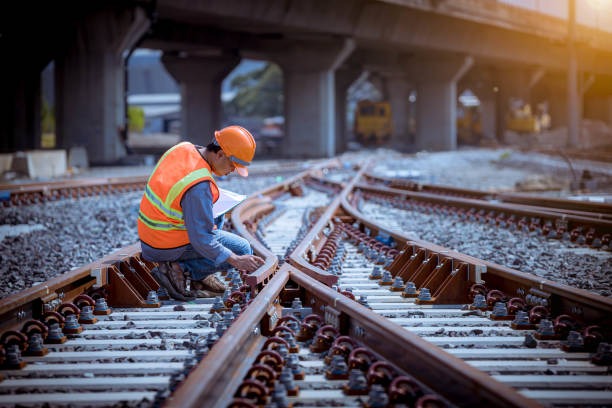
Transportation Is Too Sensitive To Be Left In The Hands Of The Informal Sector
- Resources
- April 26, 2025
- No Comment
- 357
 As Nigeria’s transport sector undergoes rapid transformation, the role of strategic marketing in shaping public perception has never been more critical. Enter Mr. Adeyinka Adebayo, the Group Executive Director, Omnicom Media Group, West and Central Africa, a driving force in marketing communications with experience spanning over three decades. He is also a LACVIS Safety Ambassador, advocating for safer roads with road worthy vehicles . Renowned for his work with major consumer brands, in this exclusive interview, we explore his insights on marketing’s role in solving Nigeria’s transport challenges, the intersection of culture and consumer behavior, and how to sell “the future of mobility” in a market steeped in tradition.
As Nigeria’s transport sector undergoes rapid transformation, the role of strategic marketing in shaping public perception has never been more critical. Enter Mr. Adeyinka Adebayo, the Group Executive Director, Omnicom Media Group, West and Central Africa, a driving force in marketing communications with experience spanning over three decades. He is also a LACVIS Safety Ambassador, advocating for safer roads with road worthy vehicles . Renowned for his work with major consumer brands, in this exclusive interview, we explore his insights on marketing’s role in solving Nigeria’s transport challenges, the intersection of culture and consumer behavior, and how to sell “the future of mobility” in a market steeped in tradition.
As a marketing expert, how can Nigerian transport operators better brand and position public transport options like BRT systems to compete with the perceived prestige of private vehicles?
It all about improving their services. Public transportation is known for unruly behavior, uncourteous and all that. People are forced to patronize them out of the fact that there are no alternatives. You can see it in how eager they are to get off the buses. I think we should make it more rewarding, more relaxing for people in that they have a wow experience. Respect is not what you ask for, it is what you earn. Similarly, you don’t ask for patronage, you earn it by delivering amazing quality and value.So, for the public operators, once you are able to up your game, be more courteous and build more structures and be more accommodating, certainly they can compete with the private operators. In marketing, we say you dress the way you want to be addressed. The question is, are they respecting the passengers who patronizes them every day? Are they giving them an experience that makes them say, tomorrow I want to enter your bus?
Cuts in, when BRT started, it made use of some celebrities like Funke Akindele to popularize it but now, it seems it’s a different BRT we have now?
Marketing is not for the faint hearted. Marketing is a game for the long haul. That is why you see Coca-Cola still advertising till tomorrow. The glory of yesterday belongs to yesterday. Yes, you used Funke Akindele celebrity status to gain our attention but when last did you bring back the memory of that initial introduction. People are sensitive, they are observing. They are asking when last did you see them inside those buses. Imagine if Funke Akindele comes back after six months on those buses and interact with passengers. People love them. It’s experiential. Somebody may say, let me go and enter those buses because maybe its Davido or Don jazzy I’ll see. Many of our brand decisions are informed by emotional consideration rather than rational. When you’re emotionally connected to someone, you can do anything for them irrespective of the price. It brings a form of emotional connection. It’s a wow experience for them. People will be willing to connect with these brands.
What marketing strategies would you recommend to convince more Nigerians to adopt emerging transport solutions like ride-sharing, given our strong cultural attachment to personal cars?
You need to create an enabling environment that justifies why I have to leave my personal comfort to join the public buses. I have my personal car, but occasionally, I still feel the need to go on public buses because I want to experience some of the memories I have of growing up entering public transportation. But I’m equally cautious – is it the bus I will enter where my pocket will be picked or is it the bus I will enter where I stand to be ruffled? Imagine public transportation in London, everything is structured, everything is organized. Even the amount you will pay for the parking fee for your personal car would not make it an option, especially when you know where you’re going could have a parking problem. It boils down to what I said earlier about giving people a wow experience. Treat them courteously; treat them with respect. Let the buses be neat and comfortable. When the buses are rough and the conductors are talking to you anyhow, the question is, why do you want to go through all that hassles when you have your personal car .So a lot of education needs to be done. Educating the drivers, the bus operators on the need to give passengers a wow experience. Also educating the passengers on the merits of using public transportation. Who says government cannot partner with brands like Malta Guinness to have refreshments on the buses at no extra cost? But when the government comes up with this, you know we Nigerians, we don’t trust ourselves. They will want to experience it and once they experience it, they become your brand ambassador.

How can government agencies better ‘market’ major transport infrastructure projects to the public to maintain support
Transport operators should let people know about your efforts. It’s not just a matter of communicating it but proving it and living up to your promises. If you say from Ojuelegba to Mile 2 is going to take 10 minutes because I have a BRT lane, let it leave at that time. Don’t wait for anybody. If they say this train is going to move by 9 and once it’s 09:01, you see it moving, you know you have to wait for the next one. We need to discipline ourselves to be more time conscious. This issue of African time has set us back. Time is money and any transport business that is heeding time will be respected. In developed societies, they know the value of time and money and they don’t toy with any one of them.
What would be an effective marketing campaign to change dangerous commuting behaviors like overcrowded buses, reckless driving and ignoring traffic rules?
The truth is that we deploy all gamut of communication because when you talk of transportation, it is something that cut across the socio-economic radar of all ages, so we need to make sure we cut through the line. Of course, priority can be given to the younger ones because they are more prone to adventures, to be more daring. The older you grow, the calmer you become. We need to let the young ones know the implications of what they are doing. They need to know that a little insanity from their own end leads to multiple insanity along the way. And many of our people don’t know the implications of what they do, they just that they are smarter than the next person. Some people need to be educated and that education is not a one off. It has to be done continuously. Also punitive measures have to be in place. Let it be seen and let the penalty be seen. In developed countries, it is not that they cannot break laws but when they look at the fine to be paid, it will prevent them from doing it at all. Some people don’t realize the implication of what they are doing and they act ignorantly. Some things we do have far reaching implication than we can imagine. You need to bring it to the fore so that people can be more careful to other road users.
Could innovative loyalty programs work for mass transit in Nigeria? What rewards would actually motivate consistent usage of public transport?
What gets rewarded gets done. Imagine a loyalty program where you have been found to have used the BRT bus consistently for 350 days out of 365 days, you.stand the chance of having dinner with the governor. Is it too much to ask for? This is not something you come across every day. Imagine you identify 50 of such people and you take them to the government house for one hour, appreciating them, rewarding them. The government can equally call on some big companies operating in the state to join them and they will come and they all going away with goody bags. Next year, all those not patronizing will also be encouraged because they know they stand a chance of being rewarded. Everybody loves to be celebrated. Let’s celebrate one another.
How can formal transport operators effectively market their services to compete with Nigeria’s deeply entrenched informal transport networks?
Transportation is too sensitive to be left in the hands of the informal sector. There is a need to put structure so that we can track and keep a close tab to know who is driving a particular vehicle and this boils down to having a well-established structure so that every vehicle gets registered. With that, we know that if it is Saka, who lives in Iyana Inaja , is the one driving bus 10270, if anything happens in that time from that period, we know who to call. But these days, we have what is called “siwofunra” where some people will take the bus from 12 to 1pm, then drop, then another person from 2 to 4. It is not just organized. And we need to educate this people that it has implications. That if you Saka, that took the bus, you’re supposed to drive between one to two, you eventually give it to your friend, if anything happens, you’ll be held accountable. So, we need to put structures to it, so that it becomes more organized, so that people can feel safe, secure and happy patronizing them.




